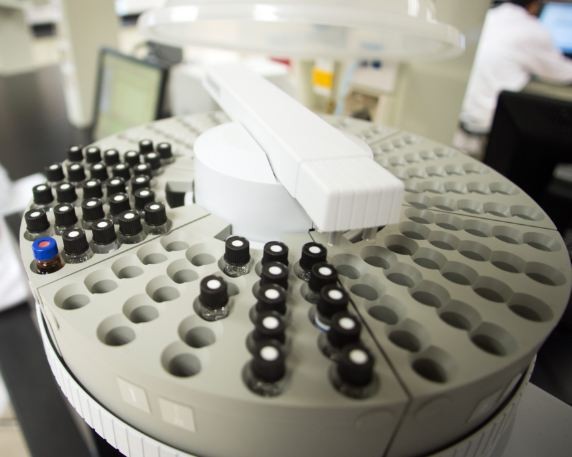Chinese consumers now face the awful -- and, in some cases, deadly -- truth that most of the data confirming Western medicines made in China are safe for human use is false and fictitious.
An investigation by China's State Food and Drug Administration (SFDA) has revealed that over 80 percent of the data used in clinical trials of new pharmaceutical drugs are "fabricated," meaning the safety and efficacy of these drugs are doubtful at best.
SFDA also found this faked data failed to meet analysis requirements, were incomplete or totally non-existent.
An SFDA report discovered fraudulent behavior at almost every level of the drug certification process. Worse, it showed some pharmaceutical companies had either hidden or deleted records of adverse side effects, and tampered with data that didn't support their claims.
SFDA looked at data from 1,622 clinical trials for new pharmaceutical drugs currently awaiting approval. The applications in question were all for Western medicine and not traditional Chinese medicine.
As a result, SFDA cancelled 80 percent of current drug applications awaiting approval for mass production. What the effect this move will have on the supply of branded medicines is unknown, but shortages might be a possibility.
"It's not just the medicines," said a hospital official quoted by Chinese media.
"In China, everything is fake, and if there's a profit in pharmaceuticals, then someone's going to fake them, too."
But the most damning discovery was that "independent" third party investigators responsible for inspecting clinical trial facilities are "accomplices in data fabrication due to cut-throat competition and economic motivation."
The report found that most everyone involved in the safety chain was guilty of some kind of malpractice of fraud.
Analysts said China's pharmaceutical industry now faces a massive credibility problem.
The SFDA also has a massive problem on its hands. It now has to decide what to do about all the new drugs approved as "safe" based on unreliable clinical trials.



























